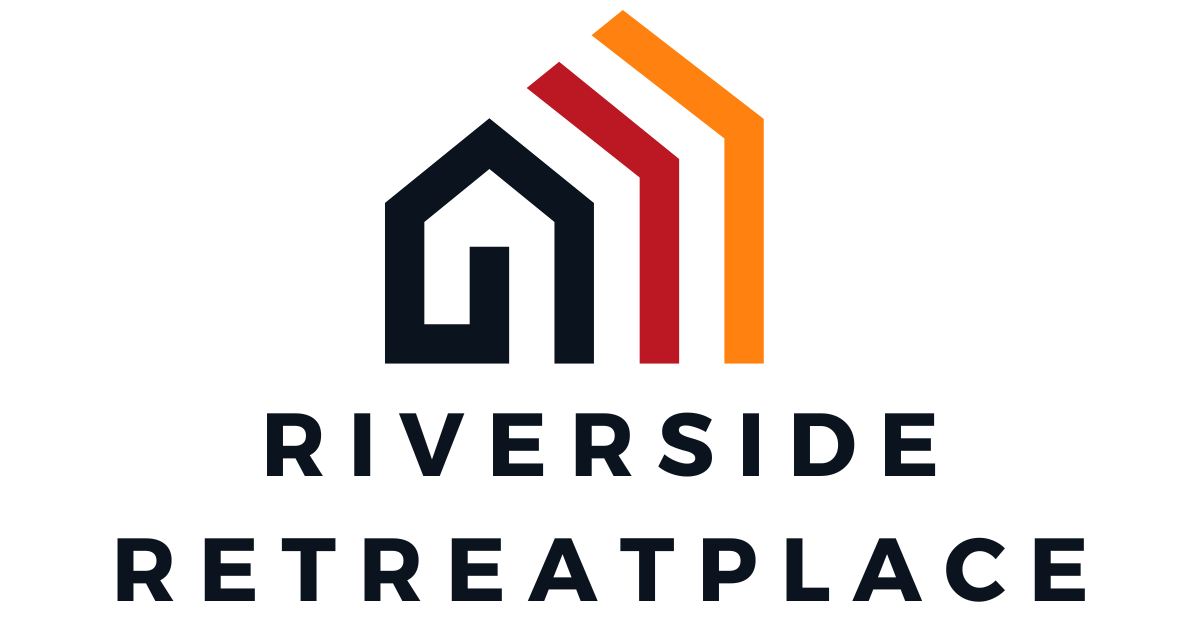
Commercial Properties Rentals: Unlocking Success with the Right Space for Your Business
Navigating the world of commercial property rentals can feel like trying to find a needle in a haystack—if that haystack were made of confusing contracts and endless paperwork. But fear not! With the right guidance, leasing that perfect space for a thriving business doesn’t have to be a Herculean task.
Commercial Properties Rentals
Commercial property rentals involve leasing space for business purposes, including office buildings, retail stores, warehouses, and industrial sites. Each property type offers unique advantages tailored to specific business needs. Companies looking for office spaces often prioritize location, visibility, and amenities. Retail properties typically require high foot traffic and ease of access to attract customers.
Understanding lease agreements is crucial. Terms may include rent rates, maintenance responsibilities, and duration of the lease. Security deposits commonly secure the lease and cover potential damages. Businesses need to thoroughly review lease terms to avoid hidden fees or restrictive clauses.
Market trends influence rental rates significantly. Economic factors, such as demand and supply of commercial spaces, can lead to fluctuating prices. Businesses must conduct thorough market research to determine fair rental rates in their desired areas.
The process of finding a suitable commercial property often involves collaboration with real estate professionals. These experts can provide valuable insights into available listings, market dynamics, and negotiation strategies. Utilizing technology tools, such as property search platforms, helps streamline the search process, making it easier to find properties that match specific criteria.
Timing is essential in commercial property rentals. Entering the market during high vacancy periods may yield better rental rates and more available options. Businesses that stay informed about market changes can act quickly when a promising property becomes available.
Factors Affecting Rental Prices

Rental prices for commercial properties depend on several key factors that businesses must consider. Understanding these influences can help in negotiating better rates.
Location
Location plays a critical role in determining rental prices. Areas with high visibility often command higher rents due to increased foot traffic and potential customers. Proximity to essential services such as public transport, restaurants, and parking options impacts desirability. Businesses benefit from being near competitors, as clustering often attracts more customers. Furthermore, neighborhoods with a strong economic presence also tend to see elevated rental rates.
Property Type
Property type significantly affects rental pricing structures. Office spaces typically incur different costs than retail stores or warehouses. Office buildings often prioritize amenities and flexibility, translating to higher rents in desirable locations. Retail properties, on the other hand, are influenced by foot traffic and local demographics. Industrial sites may offer lower rents due to their more specialized nature, but location can still enhance market value. Understanding the unique dynamics of each type aids in evaluating cost expectations.
Market Trends
Market trends shape rental prices, reflecting supply and demand conditions. Periodically, fluctuating vacancy rates impact how much landlords charge. In a tenant-friendly market, businesses might negotiate better deals due to increased vacant spaces. Economic changes, such as a downturn or growth phase, can also sway rental prices. Staying updated with local market conditions equips businesses to make informed decisions, leading to advantageous rentals.
Benefits of Renting Commercial Properties
Renting commercial properties offers various advantages that can significantly enhance a business’s operations.
Flexibility
Flexibility stands out as a key benefit. Businesses can choose short-term leases to adapt quickly to changing needs. This option enables companies to scale their space based on growth or seasonal demand. Leasing allows them to avoid long-term commitments, offering the freedom to relocate. Notably, renting also provides opportunities to test new locations without the risk associated with purchasing property. Businesses gain the ability to modify their workspace without the substantial commitment involved in ownership. Such adaptability can prove crucial in dynamic market conditions.
Lower Upfront Costs
Lower upfront costs accompany renting commercial properties. Businesses often find leasing requires less capital than purchasing real estate. Initial expenses typically include security deposits and initial rent payments, rather than down payments and closing costs associated with buying properties. This arrangement allows companies to allocate available funds to other crucial areas like inventory or marketing. Operating expenses often remain predictable and manageable under rental agreements. Cost savings from leasing can contribute to improved cash flow, enabling businesses to invest in growth while minimizing financial risk.

Challenges in Commercial Properties Rentals
Navigating commercial property rentals presents several challenges that require careful consideration.
Lease Agreements
Lease agreements can be complex documents requiring careful review. Specific terms, such as rental rates, duration, and renewal options, significantly influence business operations. Businesses often find hidden clauses that could affect them long-term. Understanding maintenance responsibilities and exit strategies is crucial. Failure to negotiate favorable terms can lead to unexpected costs and liabilities. A thorough understanding of the lease also aids in avoiding future disputes. Consulting real estate professionals helps clarify terms and ensures agreements align with business goals.
Maintenance Responsibilities
Maintenance responsibilities often create confusion for tenants in commercial properties. Leases can outline who handles specific repairs, from minor fixes to major renovations. Determining responsibilities upfront prevents disputes. Typically, landlords cover structural repairs, while tenants manage day-to-day maintenance. Businesses should ask detailed questions about upkeep expectations to avoid misunderstandings. Clarifying these responsibilities before signing ensures that all parties understand their obligations. Engaging in discussions about maintenance can lead to smoother operations and better relationships with property managers.
Tips for Finding the Right Commercial Property
Finding the right commercial property involves careful consideration of various factors. A thoughtful approach can lead to significant benefits for any business.
Assessing Your Needs
Identifying specific needs is essential before starting the search. Consider the size and layout requirements based on business operations and employee numbers. Access to amenities and transportation routes plays a crucial role in employee satisfaction and customer accessibility. Budget constraints must also factor into decisions regarding rental rates and related expenses. Evaluating the desired location while accounting for foot traffic and competition in the area can enhance overall business visibility. Establishing these parameters early on helps streamline the search process.
Working with Real Estate Agents
Collaborating with real estate agents offers invaluable advantages during property searches. Experienced agents provide access to exclusive listings that may not be publicly available. They also possess insights into local market trends and property values. Agents can negotiate favorable lease terms that align with business goals, ensuring protections against unfavorable conditions. Building a relationship with agents facilitates smoother communication and timely access to new listings. A qualified agent serves as a guide through the complexities of rental agreements, ultimately saving time and reducing stress.
Making Informed Decisions
Navigating the world of commercial property rentals doesn’t have to be overwhelming. With the right approach and resources businesses can find spaces that meet their unique needs. Understanding the intricacies of lease agreements and market dynamics is essential for making informed decisions.
Flexibility and lower upfront costs make renting an attractive option for many businesses. By leveraging the expertise of real estate professionals and utilizing technology, the search for the perfect property can become more efficient. Staying proactive and informed about market trends will empower businesses to seize opportunities that align with their goals.
